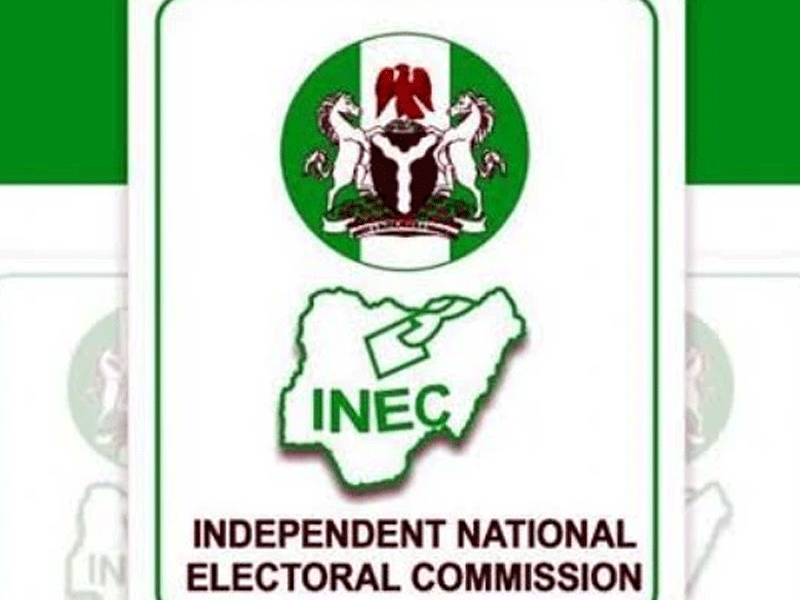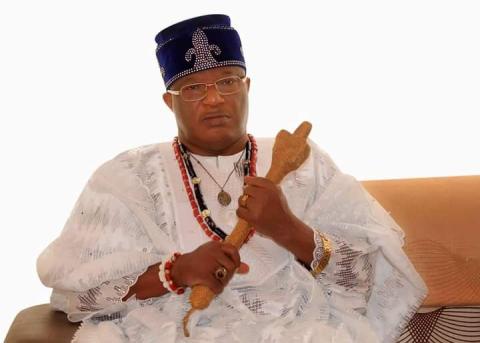
Breaking News: Unilorin Alumi Association: 'We were warned' - Opinion
Breaking News: Breaking: Court Restrains Oyo Assembly from Further Impeachment Process Against Makinde’s Deputy, Olaniyan
Breaking News: Labour leaders physically assault Ogun journalists for covering strike, harass hospital workers
Breaking News: Congratulations Asiwaju – Osinbajo’s spokesperson accepts defeat
Breaking News: Finalissima: Messi steals show, beats European Champion, Italy
Former President, Olusegun Obasanjo says Nigeria’s failing status under the reign of President Bola Tinubu is “confirmed and glaringly indicated and manifested for every honest person to see.”
A statement on Saturday by his Media Aide, Kehinde Akinyemi, on Saturday, quoted Obasanjo to have said this while delivering his keynote address at the Chinua Achebe Leadership Forum, Yale University New Haven Connecticut, USA.
“As the world can see and understand, Nigeria’s situation is bad,” Obasanjo was quoted as saying.
According to the statement, the former President in his address titled, ‘Leadership Failure and State Capture in Nigeria’ said, “the more the immorality and corruption of a nation, the more the nation sinks into chaos, insecurity, conflict, discord, division, disunity, depression, youth restiveness, confusion, violence, and underdevelopment.
“That’s the situation mostly in Nigeria in the reign of Baba-go-slow and Emilokan. The failing state status of Nigeria is confirmed and glaringly indicated and manifested for every honest person to see through the consequences of the level of our pervasive corruption, mediocrity, immorality, misconduct, mismanagement, perversion, injustice, incompetence and all other forms of iniquity. But yes, there is hope.”
Obasanjo while copying from a short, classic treatise published in 1983, called ‘The Trouble with Nigeria’ by Chinua Achebe admitted that, “The trouble with Nigeria is simply and squarely a failure of leadership.
“There is nothing basically wrong with the Nigerian character. There is nothing wrong with the Nigerian land or climate or water or air or anything else.
“The Nigerian problem is the unwillingness or inability of its leaders to rise to the responsibility, to the challenge of personal example which are the hallmarks of true leadership.”
He added, “In hindsight, this forty-one-year-old prescriptive analysis on the root causes of Nigeria’s leadership crisis is quite moderate and appropriate.
“It is at least not as desolate as the diagnosis provided by Robert Rotberg and John Campbell, two prominent US intellectuals – the latter a former United States ambassador to Nigeria to boot: ‘Nigeria has long teetered on the precipice of failure,’ they argue. ‘Unable to keep its citizens safe and secure, Nigeria has become a fully failed state of critical geopolitical concern.
“Its failure matters because the peace and prosperity of Africa and preventing the spread of disorder and militancy around the globe depend on a stronger Nigeria.”
The former President, who also relied on a World Bank and Transparency International definition, described a state capture, “as one of the most pervasive forms of corruption, a situation where powerful individuals, institutions, companies, or groups within or outside a country use corruption to shape a nation’s policies, legal environment, and economy, to benefit their own private interests.
“State capture is not always overt and obvious. It can also arise from the more subtle close alignment of interests between specific business and political elites through family ties, friendships, and the intertwined ownership of economic assets.
“What is happening in Nigeria – right before our eyes – is state capture: The purchase of National assets by political elites – and their family members – at bargain prices, the allocation of national resources – minerals, land, and even human resources – to local, regional, and international actors. It must be prohibited and prevented through local and international laws.
“Public institutions such as the legislature, the executive, the judiciary, and regulatory agencies both at the federal and local levels are subject to capture.
“As such, state capture can broadly be understood as the disproportionate and unregulated influence of interest groups or decision-making processes, where special interest groups manage to bend state laws, policies, and regulations.
“They do so through practices such as illicit contributions paid by private interests to political parties, and for election campaigns, vote-buying, buying of presidential decrees or court decisions, as well as through illegitimate lobbying and revolving door appointments.
“The main risk of state capture is that decisions no longer take into consideration the public interest, but instead favor a specific special interest group or individual.
“Laws, policies, and regulations are designed to benefit a specific interest group, often times to the detriment of smaller firms and groups and society in general.
“State capture can seriously affect economic development, regulatory quality, the provision of public services, quality of education and health services, infrastructure decisions, and even the environment and public health."
Newsletter








We are not gonna make spamming
Copyright By @ HorizonTimes - 2026
BACK TO TOP